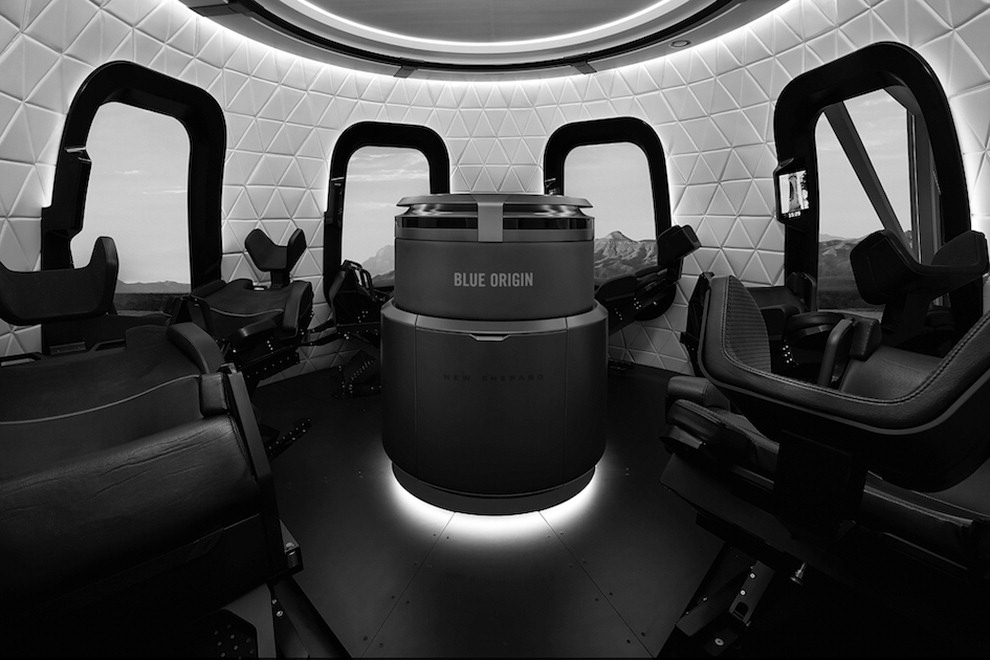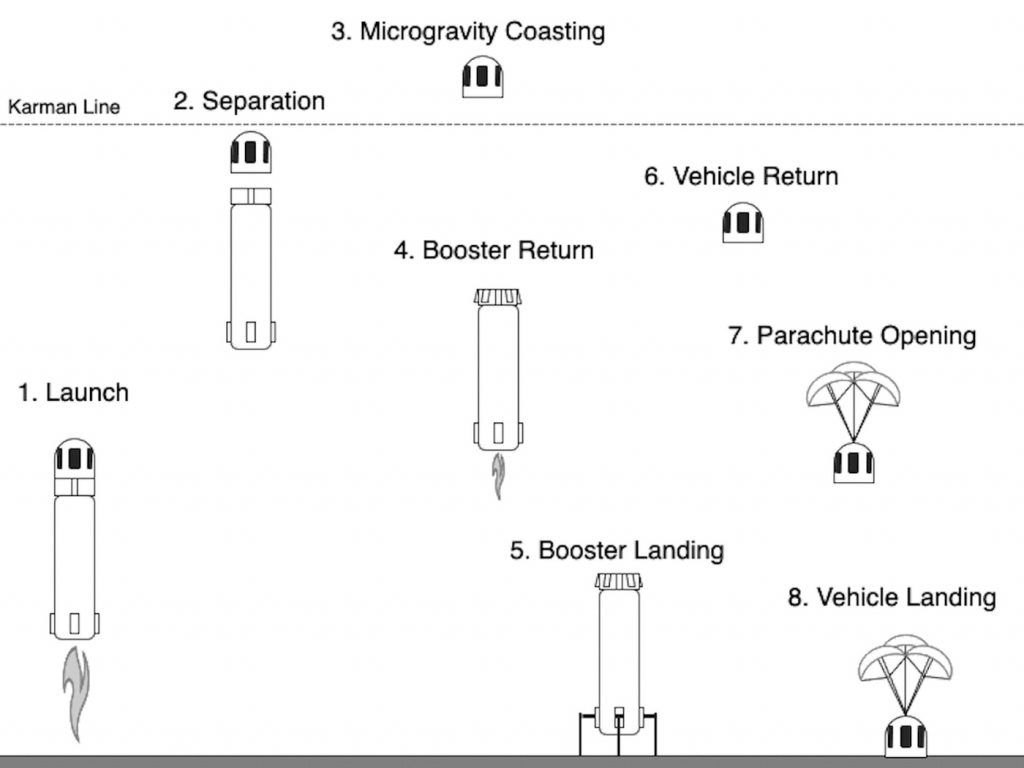This article presents a case study using Human-Centered Design (HCD) to improve the safety and experience of Spaceflight Participants (SFPs) in commercial space transportation suborbital flight scenarios.

The focus of the study is on the microgravity coasting phase, where the 2 dominant expectations of SFPs involve: (1) a view of the earth from space and (2) a weightlessness experience. Although SFPs enjoy a unique experience, it is important to provide them with appropriate information in a timely fashion, especially when off-nominal events occur.

To gain an insight into how cabin resources could help SFPs perform their required tasks during the microgravity coasting phase, a preliminary experiment was conducted by using a set of low-fidelity prototypes. The findings of the test should be applicable to other suborbital and orbital flight experience designs, such as Blue Origin or The Space Perspective.
This article demonstrates an HCD approach for the enhancement of SFPs’ safety and overall experience. It concludes with a discussion on the limitations of this study and considerations for follow-on design iterations.